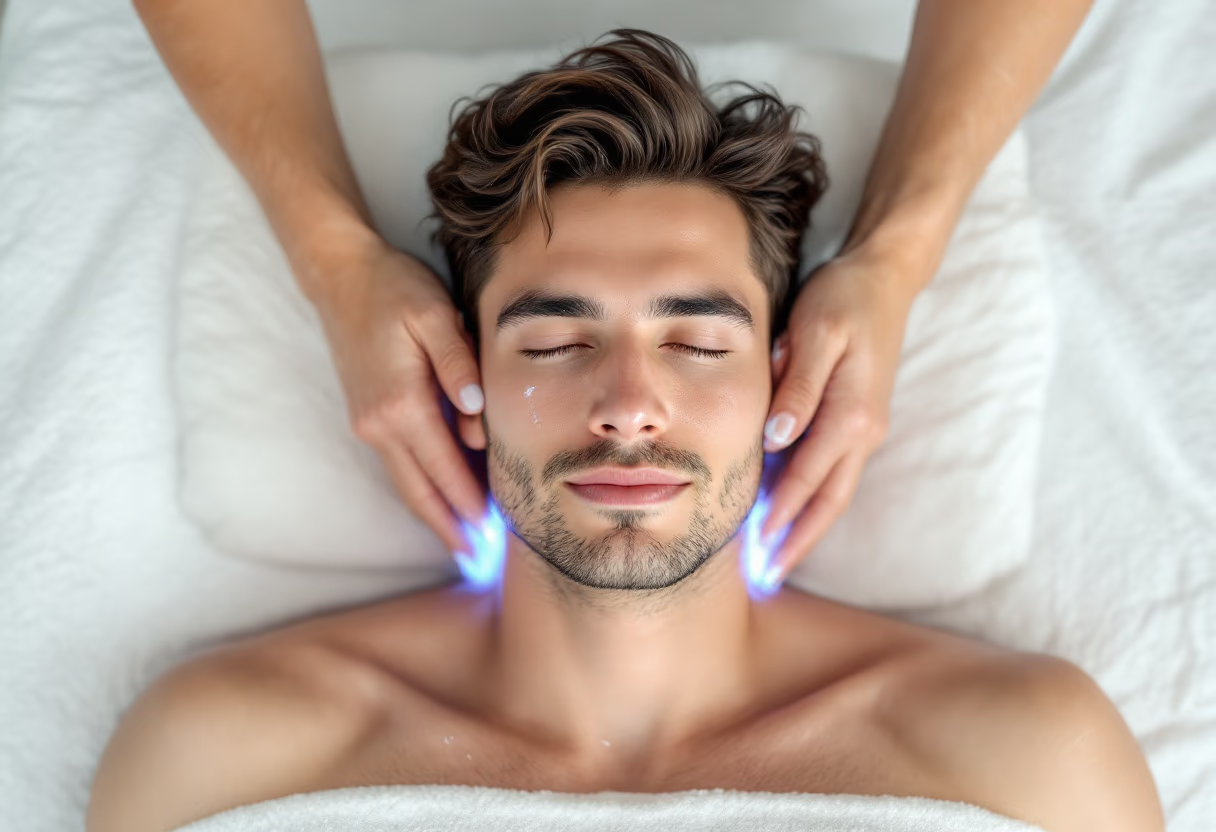
20 Years of Producing the Highest Quality, Most Reliable, and Effective LED mask.
Since the rollout of COVID-19 vaccines, thousands of women in the UK have reported menstrual disruption. More than 30,000 described some change to their cycle after vaccination.
Dr. Victoria Male, a reproductive immunologist at Imperial College London, wrote in the British Medical Journal that while these changes appear short-lived, understanding why they occur remains important.
“Robust research into this possible adverse reaction remains critical to the overall success of the vaccination programme. One important lesson is that the effects of medical interventions on menstruation should not be an afterthought in future research,” Dr. Male noted.
Caroline Criado-Perez, author of Invisible Women, observed: “As with most clinical studies, the COVID-19 vaccine trials did not investigate menstrual cycle effects — in fact, in many trials women are excluded because of potential menstrual cycle effects, so perhaps we should be grateful that women were included at all.”
Dr. Male adds that there is little reason to expect lasting harm, as most people report cycles returning to normal quickly.
Evidence links light exposure, melatonin secretion and irregular cycles, cycle-related symptoms or altered ovarian function.
Several studies have examined light therapy for menstrual symptoms. Reduced melatonin is often implicated, and data suggest that women with premenstrual dysphoric disorder may show blunted circadian rhythms. A two-oscillator model of melatonin regulation indicates that onset and offset times can shift independently during the cycle, and light treatments can differentially alter the duration of secretion.
Red light may help regulate circadian timing; one small study found that women with cycle-related symptoms improved faster in physical and psychological measures when using red-light sessions.
We explain more about light therapy for menstrual pain here and the role of red light in supporting sleep.
Further reading:
This information is educational and not a substitute for professional medical advice.
